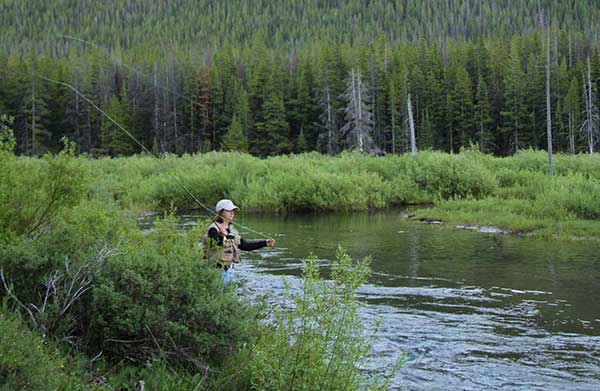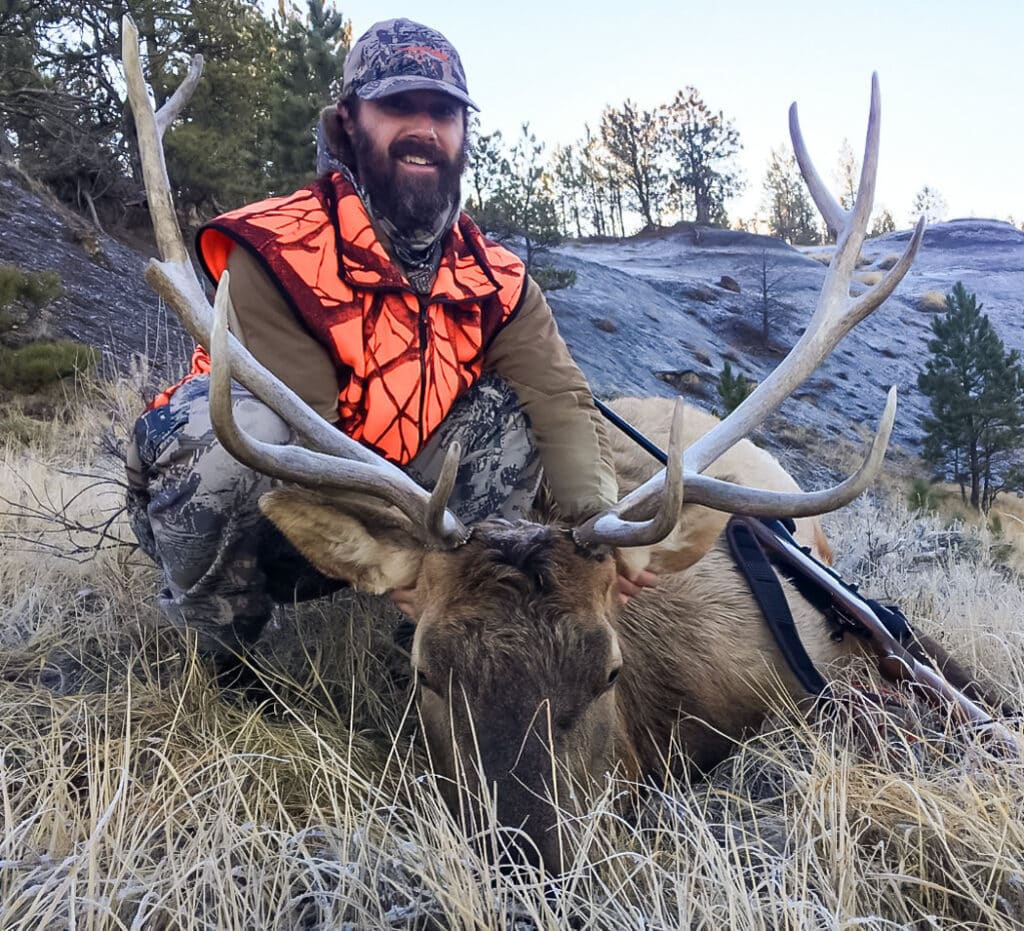
It’s happening already. Hoot owl closures have been put on the Big Hole, Madison, Gallatin, Beaverhead, and the Ruby and this year they’re earlier than ever before. The summer of 2015 was unprecedented when rivers around Missoula began closing in the beginning of July. While closures this summer were anticipated, nobody predicted them occurring so early in the season.
These closures show us yet again the real impact that climate change will have on our rivers and our fisheries. Reduced snowpack, diminished flows in streams and rivers, hotter summers, and more extreme weather events brought on by climate change threaten to radically change Montana’s outdoor traditions and world class fly fishing.
Even as a hotter climate threatens our outdoor heritage, it will also impact our outdoor economy. The Montana Wildlife Federation released a report last year: Climate Impact Report, that conservatively estimates the impact of climate change on Montana’s outdoor economy. According to this analysis, if we continue to do nothing to curb the pollution that causes climate change, Montana will see an average temperature rise of 4-5 degrees F by 2055. For the angling industry this means that there will be a one-third decline in angling days, with an economic loss of $49 million and 1,800 jobs. These grim predictions are already a reality for many fishing guides across the state.
Scott Nicolarsen, owner of Montana Topwater in Missoula, said, “Because of hoot owl restrictions and the poor quality of fishing I had to cancel many trips last summer. My overall number of trips dropped from the 100 day average to only guiding 70 days in 2015. I actually had to call clients and recommend they not come. This means I don’t get paid, flights and hotel reservations get canceled, and meals are not ordered. The 30% decline in revenue is devastating.”
Dan Vermillion, owner of Sweetwater Travel in Livingston, said “The Yellowstone is one of North America’s most treasured fisheries with world-class trout fishing from Yellowstone Park to Park City. With climate change, and its hot, dry summers, we are seeing smallmouth bass all the way up to Livingston, and brown trout and rainbow trout invading the habitat that has long been the last refuge the Yellowstone cutthroat. If we do not address these changes soon, our tourism industry will suffer and, most importantly, future generations of Montanans will not know the beauty of a trout rising for a dry fly. ”
When the first hoot owl closures were implemented, no one thought they would become a regular occurrence. They certainly were not meant to begin in June. Unfortunately, as the effects of climate change become more apparent, Montanans can expect their summer fishing window to get smaller and smaller – and Montana’s outdoor economy can expect to see jobs dry up as fast as the rivers.
To check current restrictions and closures, go to Montana Fish, Wildlife & Parks.

